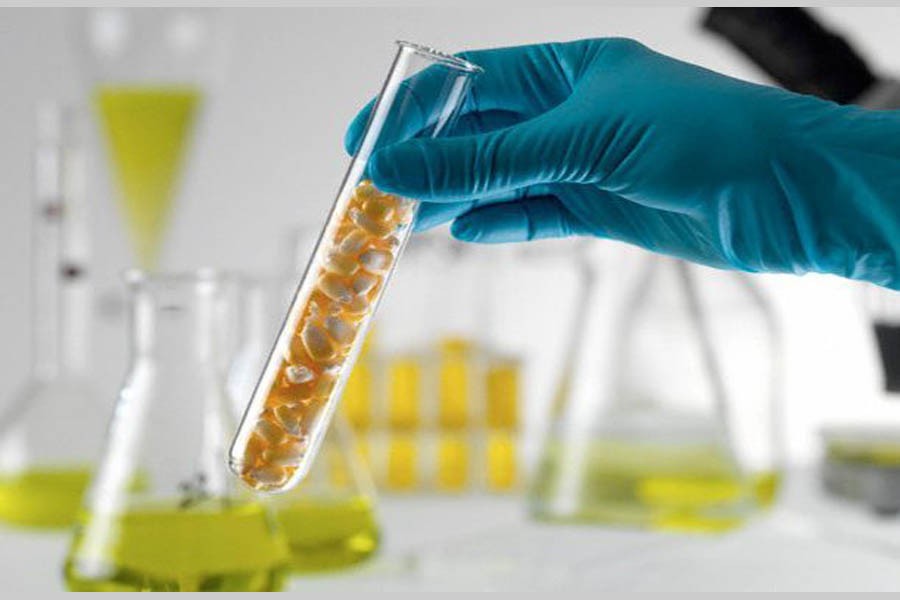One of the key factors impeding food safety operations by relevant authorities is evidently a dearth of skilled manpower coupled with inadequate and even imperfect testing procedures. Reports have it that technical capability to detect food adulteration and contamination is appallingly poor that indirectly lets loose, if not promote, the ever expanding malpractice across the country.
This, no doubt, is a serious deficiency. Although the authorities, particularly the regulatory body entrusted to ensure food safety -- the Bangladesh Food Safety Authority (BFSA) -- are well aware of this, no effective steps were taken so far to bring some semblance of competence to food testing capabilities. There are quite a number of laboratories in the country that undertake testing jobs, but most of these are reportedly not equipped enough to detect harmful materials in food products - particularly in processed foods. A local daily reports the other day that only 50 out of around 1,500 laboratories in the country are capable of running a limited number of food tests. They can examine the composite elements in food but are unable to detect presence of any external elements. It is really depressing to find that only seven, according to the aforesaid report, out of these fifty labs have so far received certificate of accreditation in the country.
How does then the BFSA expect to go about its job? So far, its activities are confined to creating awareness and conducting mobile court drives that often end up in fines and penalties-hefty at times, but limited to eateries and superstores. One may find such drives self-limiting - confined only to the detection of poor hygiene, or stale or inedible foodstuff in freezers. Clearly, these stray and occasional drives are no substitute for proper lab testing. Understandably, the authorities have no choice but to resort to such measures in the absence of lab testing that only can find out contamination and adulteration, if any, in precise details. While contamination of food can be due to negligence, adulteration by toxic chemicals or radioactive materials can only be found out through proper lab tests. So, punishing the eateries and superstores looks more like a revenue earning mechanism instead of being one for correction. Between July 2017 and September 2018, mobile courts realised Tk 2.7 crore in fines from 4,255 people for producing or selling unsafe food, according to the data compiled by the BFSA. But has it at all helped in ensuring food safety? Observers hold that fining big stores, restaurants or kitchen markets does not help much. Worse, it provides undesirable leverage to those in charge of calling the shots.
Equipping the labs with modern technology and skilled manpower is a must for bringing the desired change in the country's food safety situation. Obtaining accreditation for an increased number of labs should also be a priority for the authorities. Accreditation will also facilitate testing of exportable food products-both primary and processed-prior to shipment. The BFSA, for all practical purposes, should move with a clear road map.


